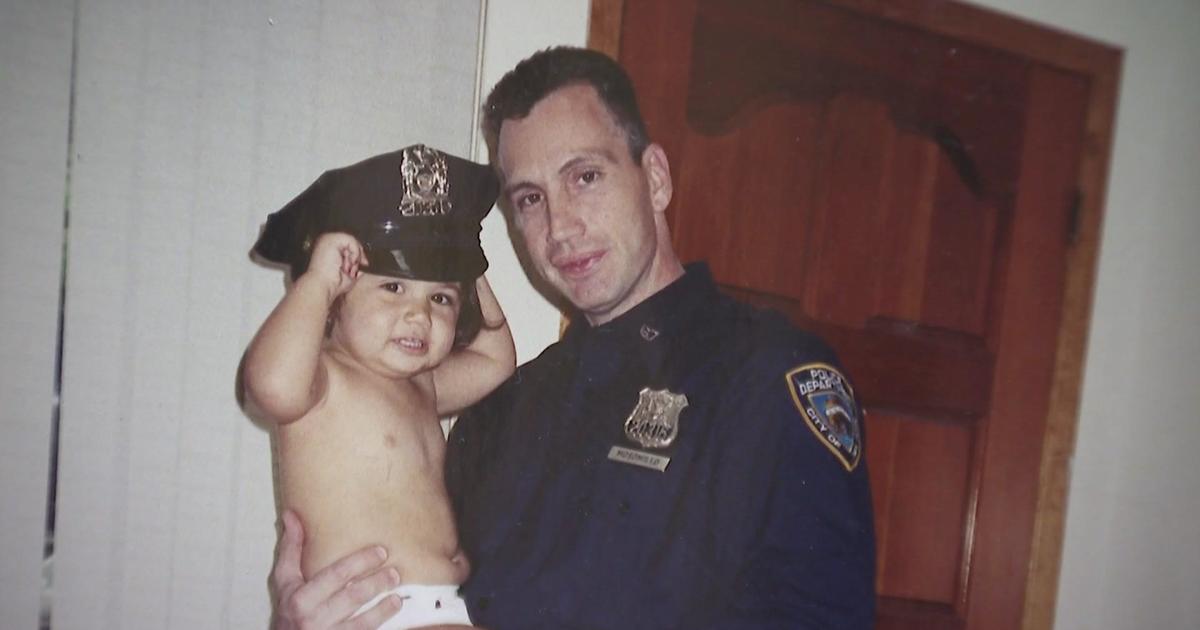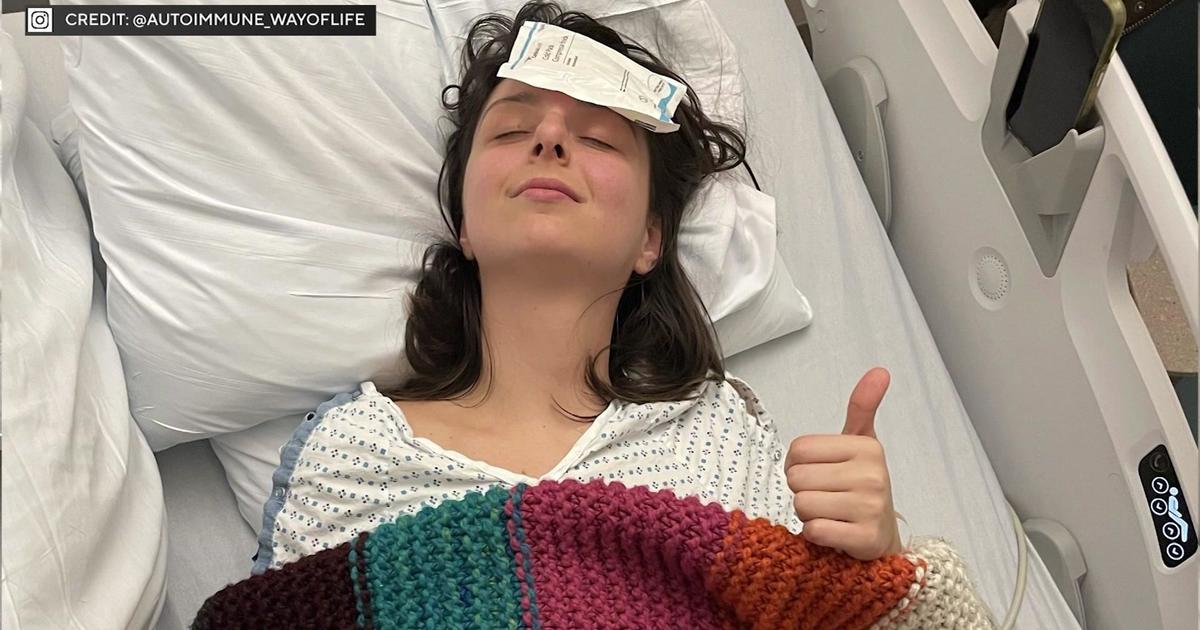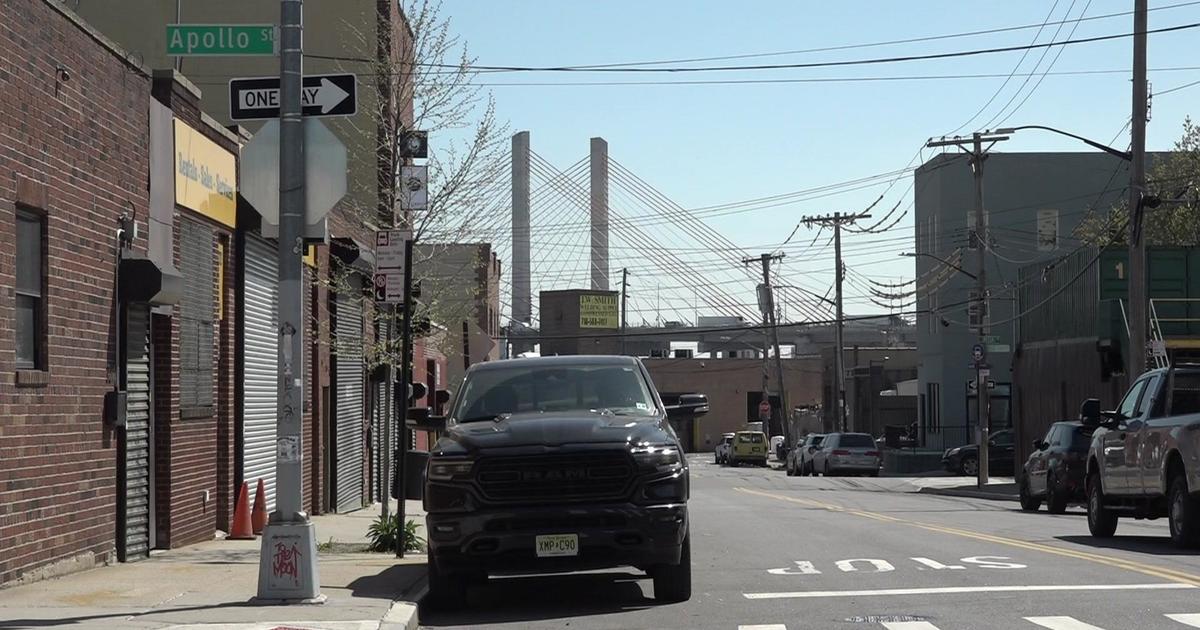New York Office of Addiction Services opened too many clinics in East Harlem, Rep. Adriano Espaillat says
NEW YORK -- U.S. Rep. Adriano Espaillat joined East Harlem leaders and community members Monday to call out the state for oversaturating the neighborhood with drug treatment facilities, and offer a new solution to a decades-old concern.
"OASAS says they don't site the locations, but they give out the permits!" Espaillat said about the New York State Office of Addiction Services and Supports, surrounded by community leaders.
Espaillat announced new proposed federal legislation to empower local lawmakers to have a say in the placement of treatment facilities.
For more than 30 years, Greater Harlem Coalition co-founder Syderia Asberry-Chresfield has lived around the corner from multiple methadone clinics and homeless shelters.
"Every neighborhood should bear their fair share of these facilities," Asberry-Chresfield said. "The further patients travel for care, the lower their recovery."
Data the Greater Harlem Coalition collected last year showed the neighborhood held 14% of the city's treatment options, despite housing 1.4% of the population. More than 80% of patients live elsewhere.
Espaillat said the state's new rules to make it easier to take methadone home has not helped. OASAS responded, pointing out Espaillat was part of enacting that new rule, and adding that more than half of the facilities in East Harlem have been open for more than 30 years, with Harlem still showing the highest overdose rate in the city.
"We want those folks to be in a dignified place, not in the middle of two cars, shooting up, urinating or defecating in the middle of the street at noon," said Espaillat. "That's not dignified."
At the corner of Park Avenue and East 125th Street, Espaillat joined protesters two years ago for the same cause, under the windows of clinics run by Mount Sinai across the street from each other. Trains and buses bring patients to and from their treatment throughout the day, in a way neighbors say is part of systemic racism.
"We started buying into the fact that we had to get these people off the street, so then we started buying into the fact that they needed to be locked up," said Madlyn Stokely with the Mount Morris Improvement Association. "They had to be given a drug that would not get them off a drug, but would perpetuate them on drugs for the rest of their life."
"It's on their watch that Harlem has been redlined, and this time, not by the banks, but by the methadone programs," Espaillat added.
Mount Sinai declined to respond to the claims.
OASAS reports the use of methadone and other opioid treatments can reduce the risk over overdose deaths by 50%.
Have a story idea or tip in Harlem? Email Jessi by CLICKING HERE.




